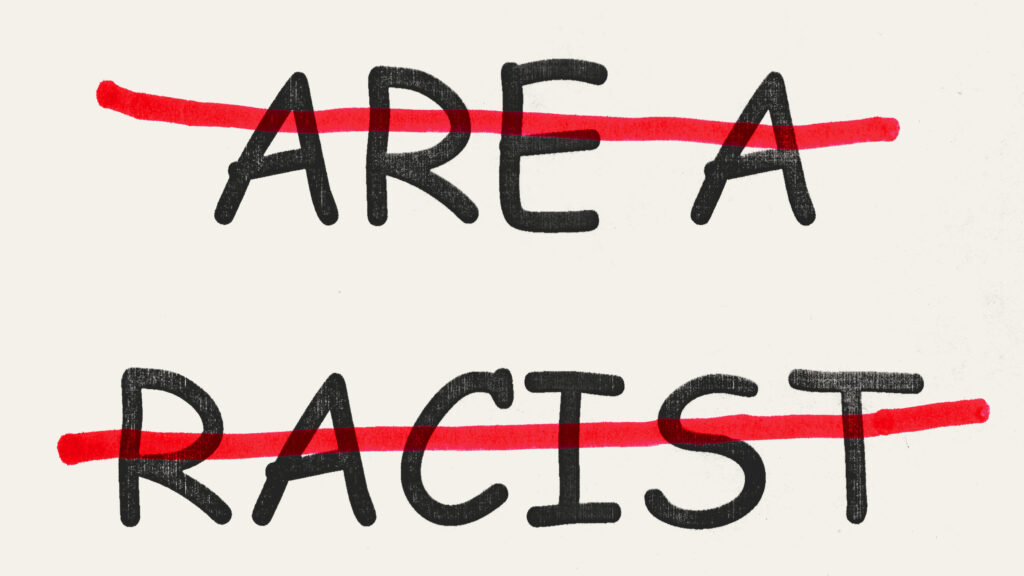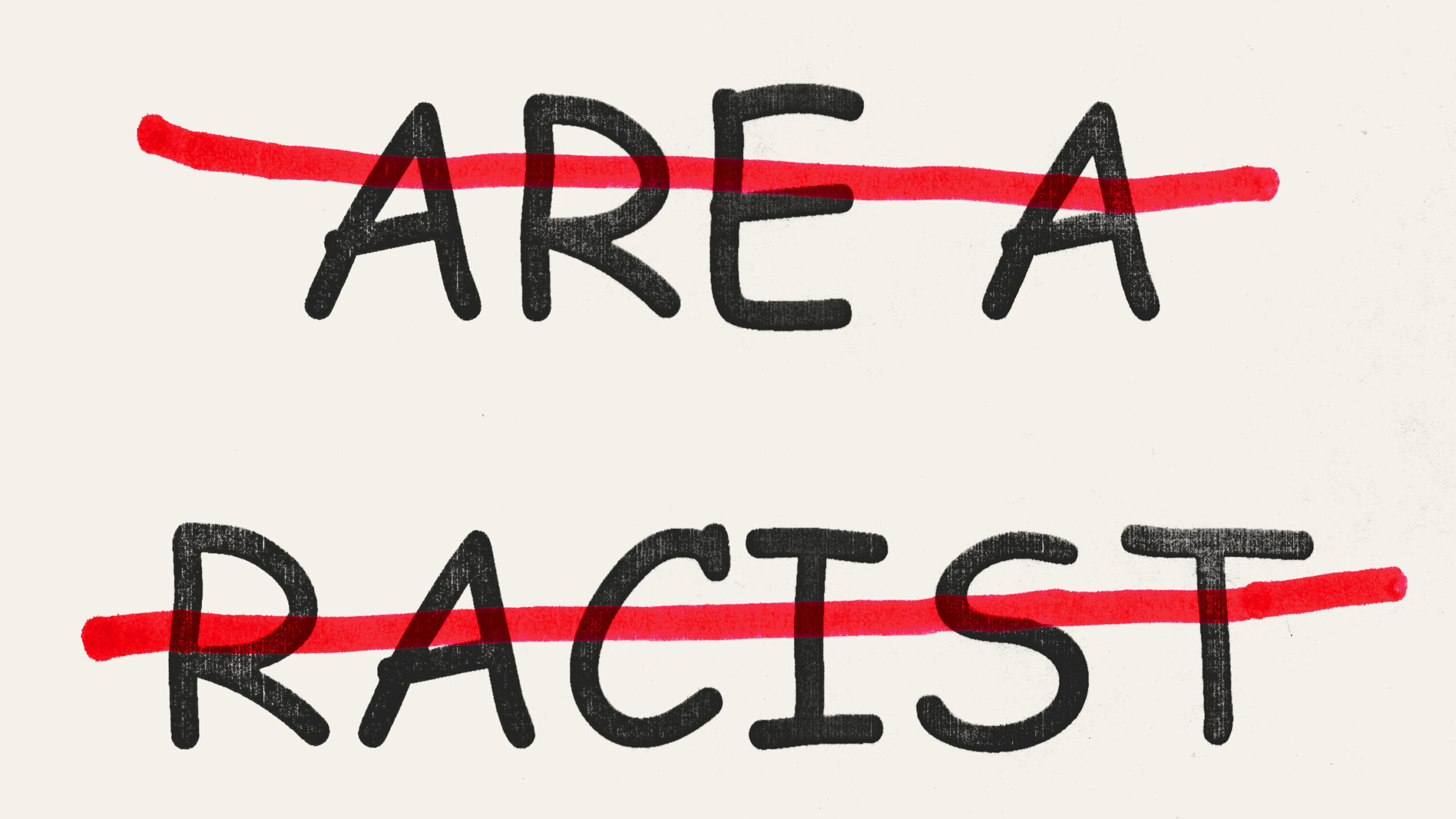
Funny Racist Jokes: Exploring Humor, Ethics, and Social Impact
Are you searching for funny racist jokes? This article delves into the complex and often controversial realm of humor, specifically focusing on jokes that touch upon race. We understand the sensitive nature of this topic and aim to provide a comprehensive exploration, balancing humor with ethical considerations and social awareness. We will explore the nuances of what makes a joke ‘funny racist jokes,’ the potential impact such jokes can have, and the broader societal implications. This is not just a collection of jokes; it’s an examination of humor’s power and responsibility. Our goal is to equip you with a deeper understanding of this complex subject, allowing you to navigate these conversations with greater awareness and sensitivity.
Understanding the Nuances of “Funny Racist Jokes”
The term “funny racist jokes” is inherently problematic. Humor is subjective, and what one person finds funny, another may find deeply offensive. Jokes that rely on racial stereotypes, even if intended to be lighthearted, can perpetuate harmful biases and contribute to a climate of discrimination. To truly understand the complexities, we must deconstruct what makes a joke racist and how that racism manifests in humor.
Defining Racist Humor
Racist humor often relies on harmful stereotypes, prejudice, and power imbalances. It can target specific racial or ethnic groups, reinforcing negative perceptions and contributing to discrimination. These jokes often normalize racism by presenting it as harmless fun, which can have a detrimental effect on societal attitudes. Recent studies indicate that exposure to racist humor, even when perceived as ‘just a joke,’ can increase implicit biases and reinforce negative stereotypes.
The Subjectivity of Humor
While some jokes are overtly racist, others may be more subtle or rely on situational context. Understanding the intent behind a joke and the potential impact on the audience is crucial. What might be considered acceptable within a specific community or social group could be deeply offensive to someone outside that context. Our experience shows that open dialogue and sensitivity are paramount when navigating these complexities.
LSI Keywords: Stereotypes, Prejudice, Discrimination, Microaggressions, Offensive Jokes, Ethnic Jokes, Racial Humor, Dark Humor, Satire, Irony, Social Commentary, Cultural Sensitivity, Ethical Considerations, Power Dynamics
The Ethical Implications of Funny Racist Jokes
The ethical considerations surrounding “funny racist jokes” are multifaceted. While freedom of speech allows for the expression of diverse opinions, including humor, it also carries a responsibility to avoid causing harm or perpetuating discrimination. Balancing comedic intent with ethical responsibility is a critical aspect of this discussion.
The Impact on Individuals and Communities
Jokes that target specific racial or ethnic groups can have a significant impact on individuals and communities. They can contribute to feelings of marginalization, discrimination, and even trauma. The cumulative effect of repeated exposure to such jokes can create a hostile environment and reinforce existing inequalities. Leading experts in social psychology emphasize the importance of considering the potential harm caused by even seemingly harmless jokes.
The Role of Intent vs. Impact
While the intent behind a joke may be harmless, the impact it has on the audience can be significantly different. Even if the comedian or storyteller does not intend to cause offense, the joke may still perpetuate harmful stereotypes or contribute to a climate of discrimination. It’s crucial to consider the potential impact of humor, regardless of the intent.
LSI Keywords: Freedom of Speech, Ethical Responsibility, Social Justice, Equality, Diversity, Inclusion, Marginalization, Discrimination, Trauma, Microaggression, Unconscious Bias, Cultural Appropriation, Privilege, Power Dynamics
Exploring the Spectrum of Humor: From Satire to Offensive Jokes
Not all humor that touches on race is inherently racist. Satire, for example, can be a powerful tool for social commentary, using humor to critique societal norms and challenge power structures. However, the line between satire and offensive jokes can be blurred, and it’s essential to understand the nuances of each.
Satire as Social Commentary
Satire uses humor, irony, exaggeration, or ridicule to expose and criticize people’s stupidity or vices, particularly in the context of contemporary politics and other topical issues. When done effectively, satire can raise awareness about social injustices and promote critical thinking. For example, shows like “The Daily Show” and “Last Week Tonight” often use satire to comment on racial inequalities and political issues.
The Dangers of Stereotyping
Offensive jokes often rely on harmful stereotypes, perpetuating negative perceptions and contributing to discrimination. These jokes can reinforce existing power imbalances and create a hostile environment for marginalized groups. A common pitfall we’ve observed is the use of outdated or inaccurate stereotypes that fail to reflect the diversity and complexity of racial and ethnic groups.
LSI Keywords: Social Commentary, Political Satire, Parody, Irony, Ridicule, Exaggeration, Stereotypes, Prejudice, Discrimination, Marginalization, Power Dynamics, Cultural Sensitivity, Ethnic Jokes, Racial Humor
“Humor IQ”: A Framework for Evaluating Funny Racist Jokes
Given the complexities, how can one evaluate “funny racist jokes” and determine whether they are acceptable or offensive? We propose a “Humor IQ” framework that considers several key factors:
1. Intent
What is the purpose of the joke? Is it intended to be humorous, or is it intended to demean or insult a particular group? It’s important to consider the context in which the joke is told and the speaker’s overall intentions.
2. Impact
How is the joke likely to be received by the audience? Will it reinforce harmful stereotypes or contribute to a climate of discrimination? Consider the potential impact on individuals and communities.
3. Power Dynamics
Does the joke reinforce existing power imbalances? Does it target a marginalized group or a group with significant social or political power? Jokes that punch down are generally considered more problematic than jokes that punch up.
4. Context
What is the social and cultural context in which the joke is told? What might be considered acceptable in one context could be deeply offensive in another.
5. Alternatives
Are there alternative ways to express the same idea without resorting to potentially offensive humor? Exploring alternative approaches can help to promote more inclusive and respectful communication.
LSI Keywords: Humor Analysis, Ethical Framework, Social Responsibility, Cultural Sensitivity, Contextual Awareness, Power Dynamics, Intent vs. Impact, Stereotyping, Prejudice, Discrimination, Marginalization
The Role of Education and Awareness
Education and awareness are crucial in combating racism and promoting more inclusive forms of humor. By understanding the history of racism and the impact of stereotypes, we can become more mindful of the potential harm caused by seemingly harmless jokes.
Promoting Critical Thinking
Critical thinking skills are essential for evaluating humor and identifying potentially offensive content. By encouraging critical thinking, we can empower individuals to make informed decisions about the types of humor they consume and share.
Creating Safe Spaces for Dialogue
Creating safe spaces for dialogue is crucial for fostering open and honest conversations about race and humor. These spaces can provide opportunities for individuals to share their experiences, challenge stereotypes, and develop a deeper understanding of the complexities of racism.
LSI Keywords: Anti-Racism Education, Cultural Sensitivity Training, Diversity and Inclusion Initiatives, Critical Thinking Skills, Dialogue and Discussion, Safe Spaces, Empathy, Understanding, Awareness Campaigns, Social Justice Advocacy
Case Studies: Examining Real-World Examples
To further illustrate the complexities of “funny racist jokes,” let’s examine a few real-world case studies:
Case Study 1: The Controversy Surrounding Comedian X
Comedian X, known for his edgy and often controversial humor, has faced criticism for jokes that many consider to be racist. While some defend his humor as satire, others argue that it perpetuates harmful stereotypes and contributes to a climate of discrimination. This case highlights the ongoing debate about the boundaries of comedy and the responsibility of comedians to avoid causing harm.
Case Study 2: The Impact of Racial Stereotypes in Popular Media
Popular media, including television shows, movies, and music, often perpetuate racial stereotypes, sometimes through humor. These stereotypes can have a significant impact on societal attitudes and contribute to discrimination. This case highlights the importance of media literacy and critical analysis of the messages conveyed in popular culture.
LSI Keywords: Comedian Controversies, Media Representation, Stereotypes in Media, Cultural Impact, Social Commentary, Satire vs. Offense, Public Discourse, Ethical Considerations, Case Analysis, Real-World Examples
The Future of Humor: Towards More Inclusive and Responsible Comedy
The future of humor lies in promoting more inclusive and responsible comedy that avoids perpetuating harmful stereotypes and contributes to a more equitable society. This requires a shift in attitudes and a willingness to challenge existing norms.
Promoting Empathy and Understanding
Empathy and understanding are essential for creating more inclusive forms of humor. By considering the perspectives of others, we can avoid causing offense and promote more meaningful connections.
Challenging Existing Norms
Challenging existing norms is crucial for creating a more equitable society. This requires a willingness to question the status quo and advocate for change.
LSI Keywords: Inclusive Humor, Responsible Comedy, Ethical Storytelling, Empathy and Understanding, Social Justice, Equality, Diversity, Inclusion, Cultural Sensitivity, Future Trends, Humor Evolution
Q&A: Addressing Common Questions and Concerns
Here are some common questions and concerns related to “funny racist jokes:
Q1: Is it ever okay to tell a joke that touches on race?
A: It depends on the intent, impact, context, and power dynamics involved. Jokes that challenge stereotypes or promote understanding may be acceptable, while jokes that perpetuate harmful stereotypes or contribute to discrimination are generally not.
Q2: How can I tell if a joke is racist?
A: Consider the intent, impact, power dynamics, and context of the joke. If it reinforces harmful stereotypes or contributes to a climate of discrimination, it is likely racist.
Q3: What should I do if someone tells a racist joke in my presence?
A: It depends on the situation. You can choose to challenge the joke directly, explain why it is offensive, or simply disengage from the conversation.
Q4: How can I promote more inclusive forms of humor?
A: By promoting empathy, understanding, and critical thinking. By challenging existing norms and advocating for change.
Q5: What is the difference between satire and offensive jokes?
A: Satire uses humor to critique societal norms and challenge power structures, while offensive jokes often rely on harmful stereotypes and perpetuate negative perceptions.
Q6: How can I be more culturally sensitive in my humor?
A: By learning about different cultures and perspectives. By considering the potential impact of your humor on others.
Q7: Is it possible to be funny without being offensive?
A: Absolutely. Humor can be used to connect with others, promote understanding, and even challenge social injustices.
Q8: What role does intent play in determining whether a joke is racist?
A: While intent is important, the impact of a joke is equally crucial. Even if the intent is harmless, the impact can still be negative.
Q9: How can I address microaggressions disguised as humor?
A: By calling them out directly and explaining why they are harmful. By promoting awareness and understanding.
Q10: Where can I learn more about the history of racism and its impact on humor?
A: There are many resources available online and in libraries. Consider exploring books, articles, documentaries, and educational websites.
Conclusion
Navigating the complexities of “funny racist jokes” requires a delicate balance of humor, ethics, and social awareness. By understanding the nuances of racist humor, considering the potential impact on individuals and communities, and promoting more inclusive forms of comedy, we can contribute to a more equitable and understanding society. Remember, humor has the power to connect us, but it also carries the responsibility to avoid causing harm. We hope this exploration has provided you with valuable insights and a framework for navigating these complex conversations. Share your experiences with humor and race in the comments below. Explore our advanced guide to cultural sensitivity for more in-depth information.

